Every month, I interview an author I admire on her literary firsts.
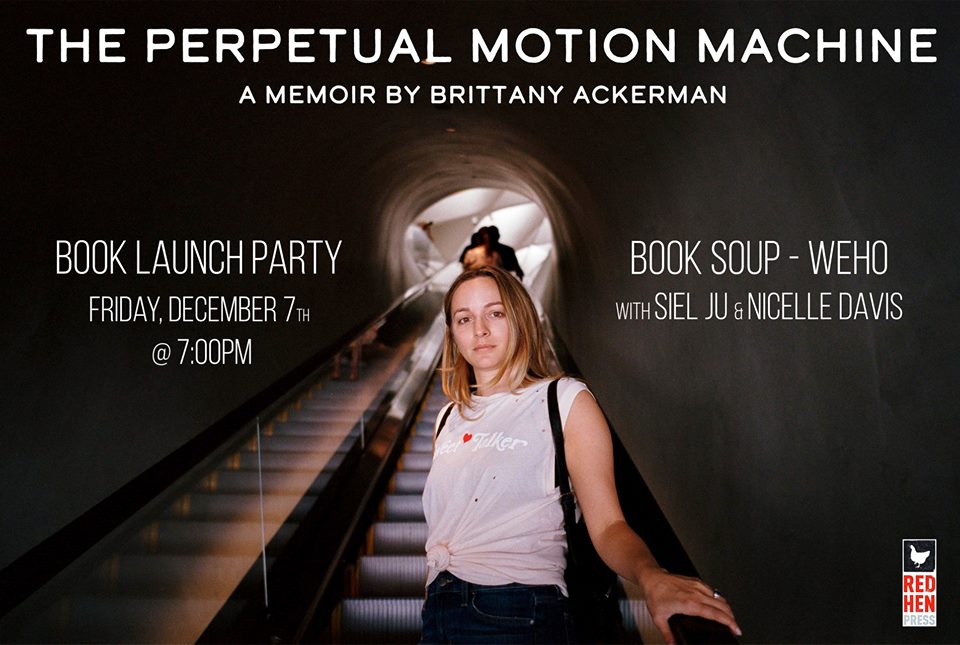
Do you need distance and perspective to write about an experience honestly, meaningfully? Does writing about an experience provide closure — some sense of finality to memories and ideas you’ve been wrestling with?
Many writers say yes. Brittany Ackerman says no. And her new memoir-in-essays, The Perpetual Motion Machine, has that sometimes exhilaratingly freeing, sometimes out-of-control frightening sense of life continually continuing on — with no tidy lessons or endings. Life hurtles on — will keep hurtling on — so why not write about it now?
Read on for Brittany’s thoughts on living and writing and never being over anything. And don’t miss her book launch at Book Soup on Dec. 7, 7 pm — I’ll be reading with her, as will Nicelle Davis! Hope to see you there.
__
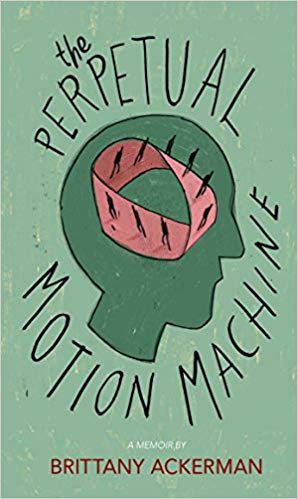 Siel: At long last, your book is (almost) out! Has the completion and publication of this book brought some sense of closure — or changed your relationship to or thoughts about your past experiences in any way?
Siel: At long last, your book is (almost) out! Has the completion and publication of this book brought some sense of closure — or changed your relationship to or thoughts about your past experiences in any way?
Brittany: Rather than closure, I feel the upcoming pub date has made me rethink the past. I just recently heard a great quote from Orson Welles, “No story has a happy ending unless you stop telling it before it’s over.” I think a lot of readers might want more of a “happy ending” to my book, but the truth is that the issues and emotional turmoil are still happening, will probably always be happening, and I will always be trying to make sense of it in my stories and with my words.
Did you have any concerns along the lines of having enough / too much distance from your experiences to write about them as you worked on TPMM?
I started the book as my graduate school thesis project and my family dilemma was still in full swing. I was highly encouraged and motivated by my thesis chair, Dr. Becka McKay, to write through it, not around it. Some of the best advice I’ve ever gotten. It was a lot of me crying at Panera and typing out things I didn’t want to admit, but I think those parts might be what people will relate to, cling to, because they’re real. I don’t think we need to be “over” something before we write about it. I think we need to wrestle with it on the page. The reader is always in the middle of something, so we should be too.
How did you come to the decision to write your memoir in short essays? Is it something that just happened naturally, or was this a more conscious decision on your part?
I contemplated fictionalizing the stories, but at the end of the day all these things happened. It’s told from my point of view, so it’s fair to say it’s my perspective on the trials and tribulations, but that’s why I tried not to implement too much opinion on my behalf. Rather, I wanted to make a collection that where you could read any one essay at a time or all of them together. The center of the book, the heart of it, the troubled siblings, that’s the thread.
What are your favorite memoirs and essay collections? Have they influenced your own work?
Jo Ann Beard’s The Boys of My Youth was the impetus of my writing life. Once I read that, I thought, “Oh, this is what I want to do now.” I tried to emulate her child-voice and her urgency in my own memoir. Some more: Jeanette Walls “The Glass Castle,” Davy Rothbart “My Heart is an Idiot,” Nick Flynn, “Another Bullshit Night in Suck City.” Also a total fangirl for Sarah Manguso The Guardians. I’m sort of working on something now that is an epistolary to a friend I had that passed away a few years ago, very much influenced by her.
Will there be a sequel memoir?
I’m hoping to translate TPMM into a screenplay someday. As for the future, I’m really interested in the town where I spent a lot of time as a young adult, Delray Beach, FL, the recovery capital of the U.S. I’ve been writing a lot about the city, the people and relationships I encountered over the years. Hoping to get some time to workshop and continue working on my craft in 2019, building and finding strength in the writing community.
___
Enter to win a copy of Brittany Ackerman’s The Perpetual Motion Machine by signing up for my newsletter. Already joined up? Then you’re already entered. Good luck!
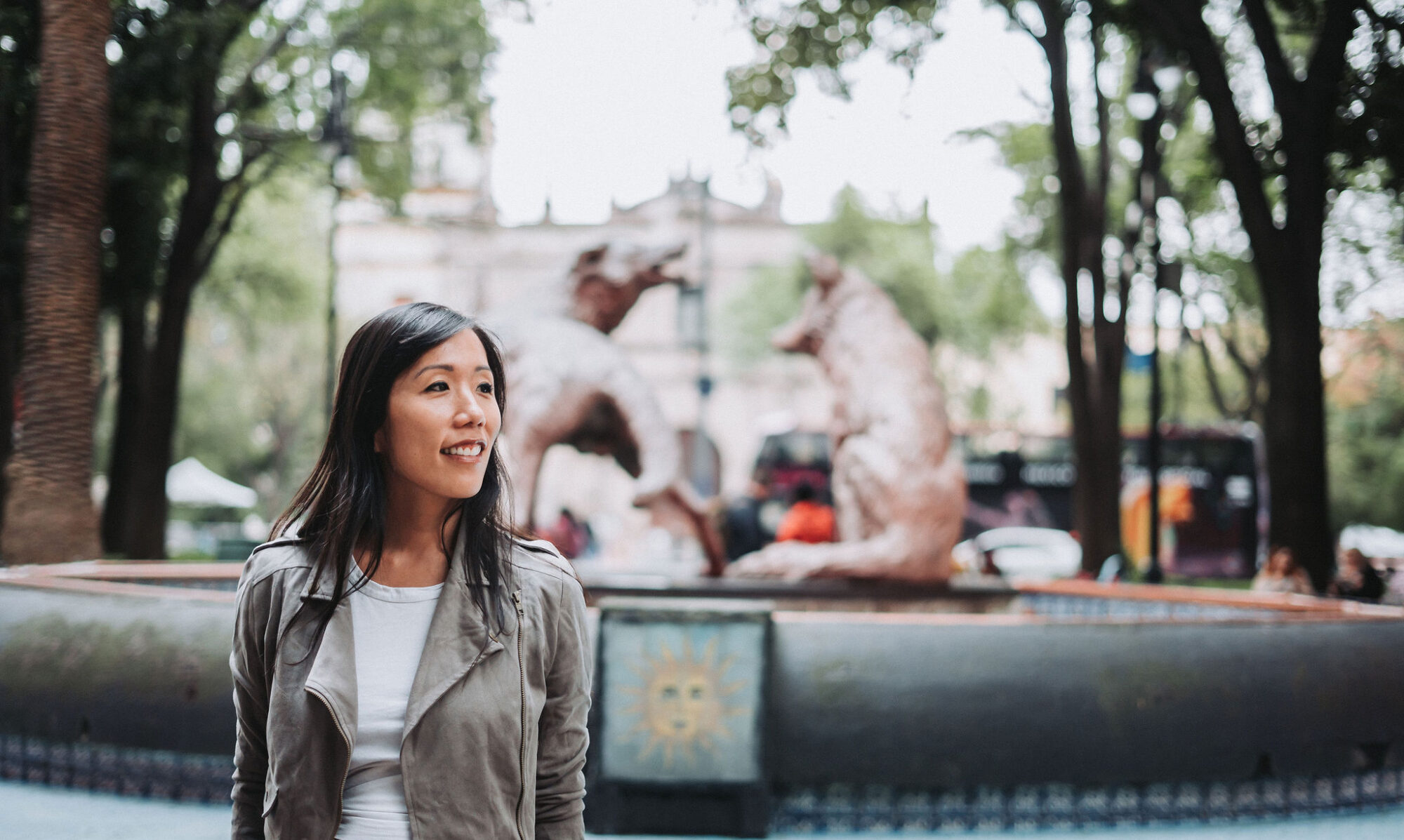
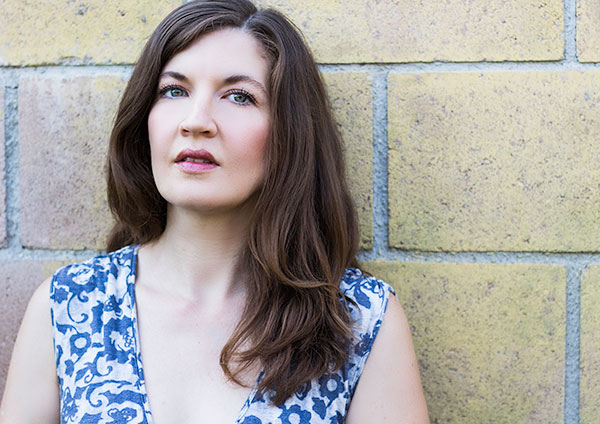
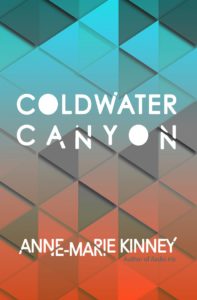 Siel: Why Coldwater Canyon? Did the setting come before the story – or the story determine the setting?
Siel: Why Coldwater Canyon? Did the setting come before the story – or the story determine the setting?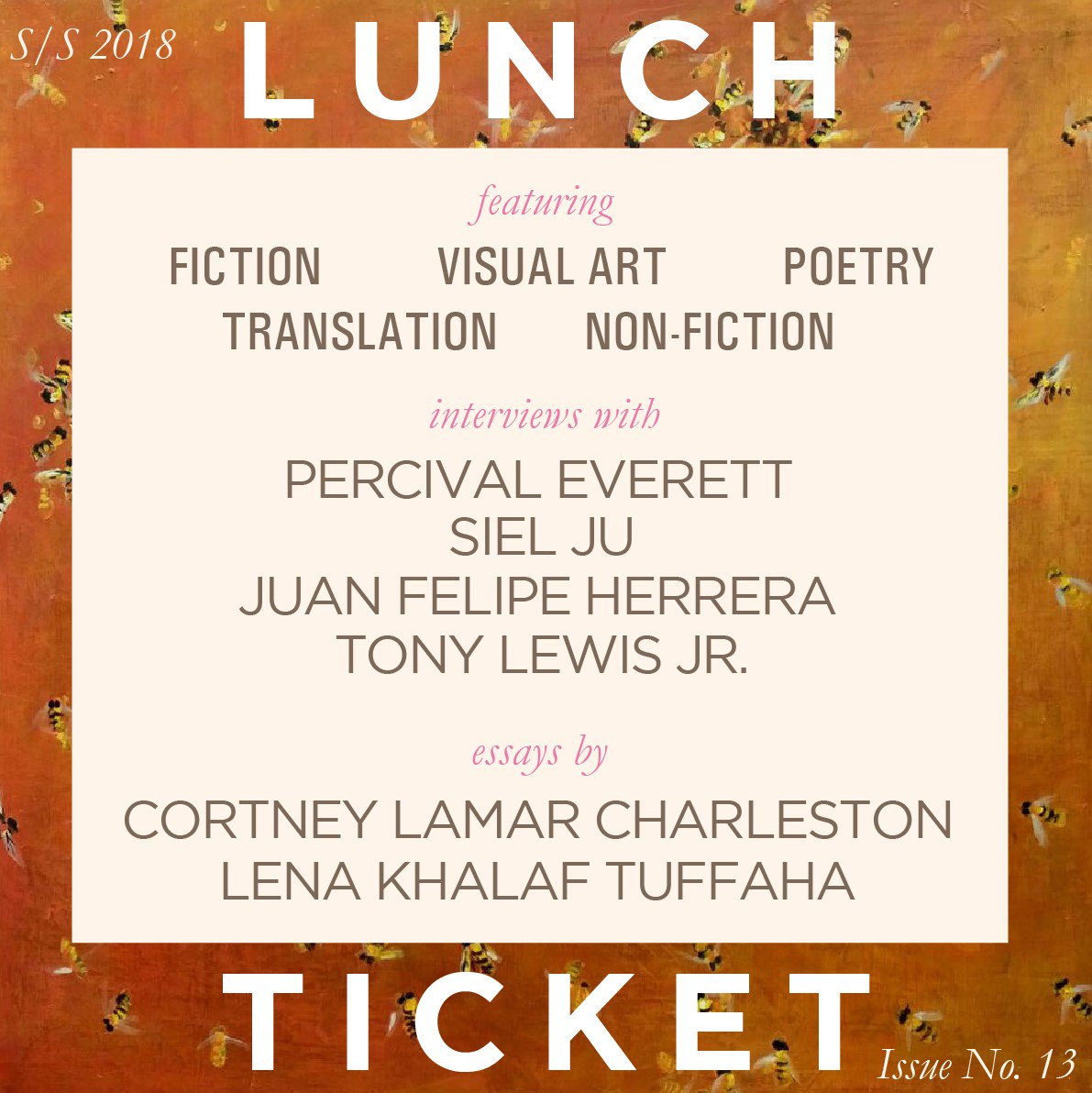
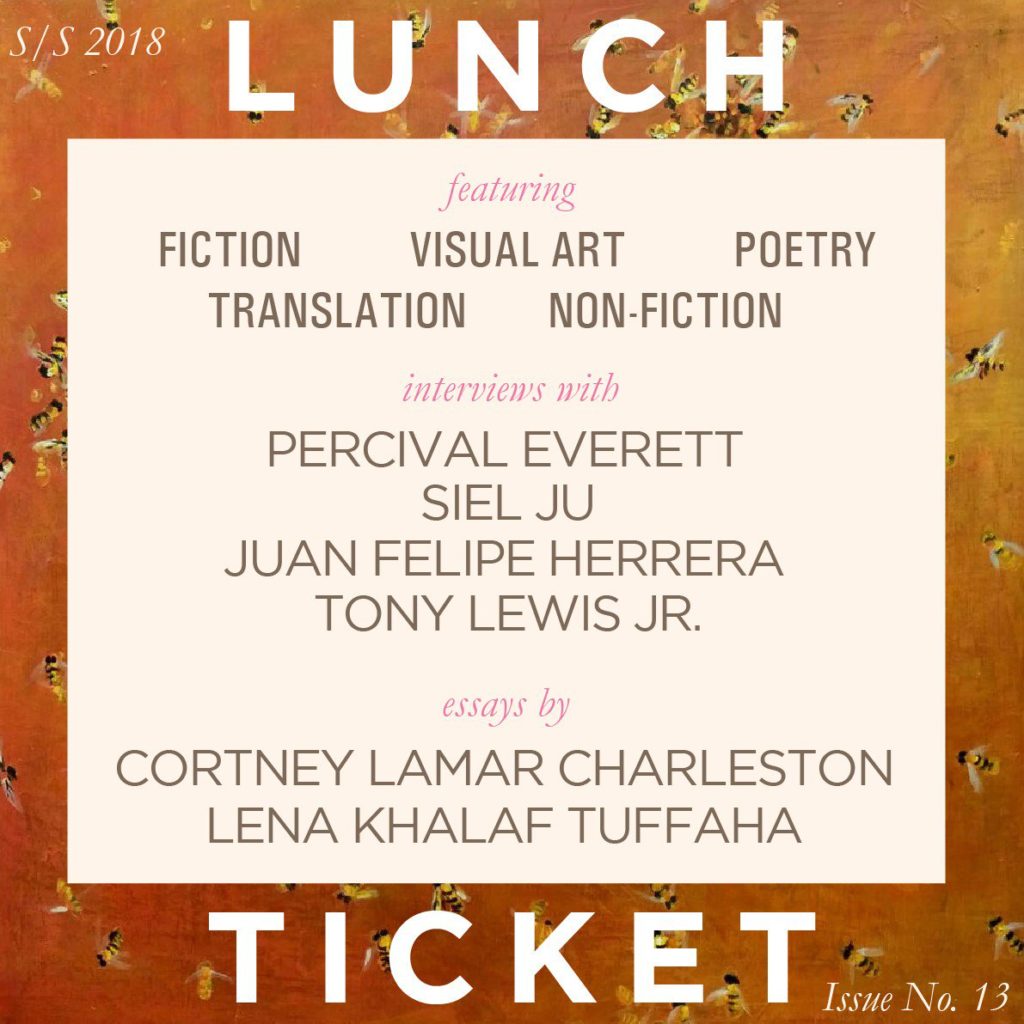
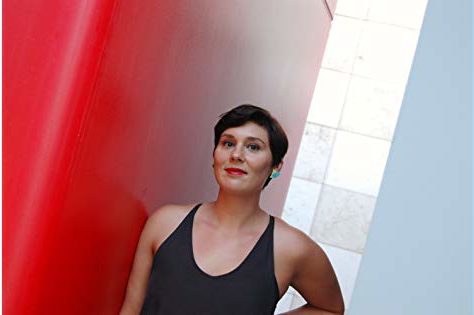
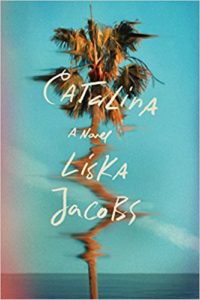 Siel: Why Catalina? What is it about that place that made you decide you must title a novel after it?
Siel: Why Catalina? What is it about that place that made you decide you must title a novel after it?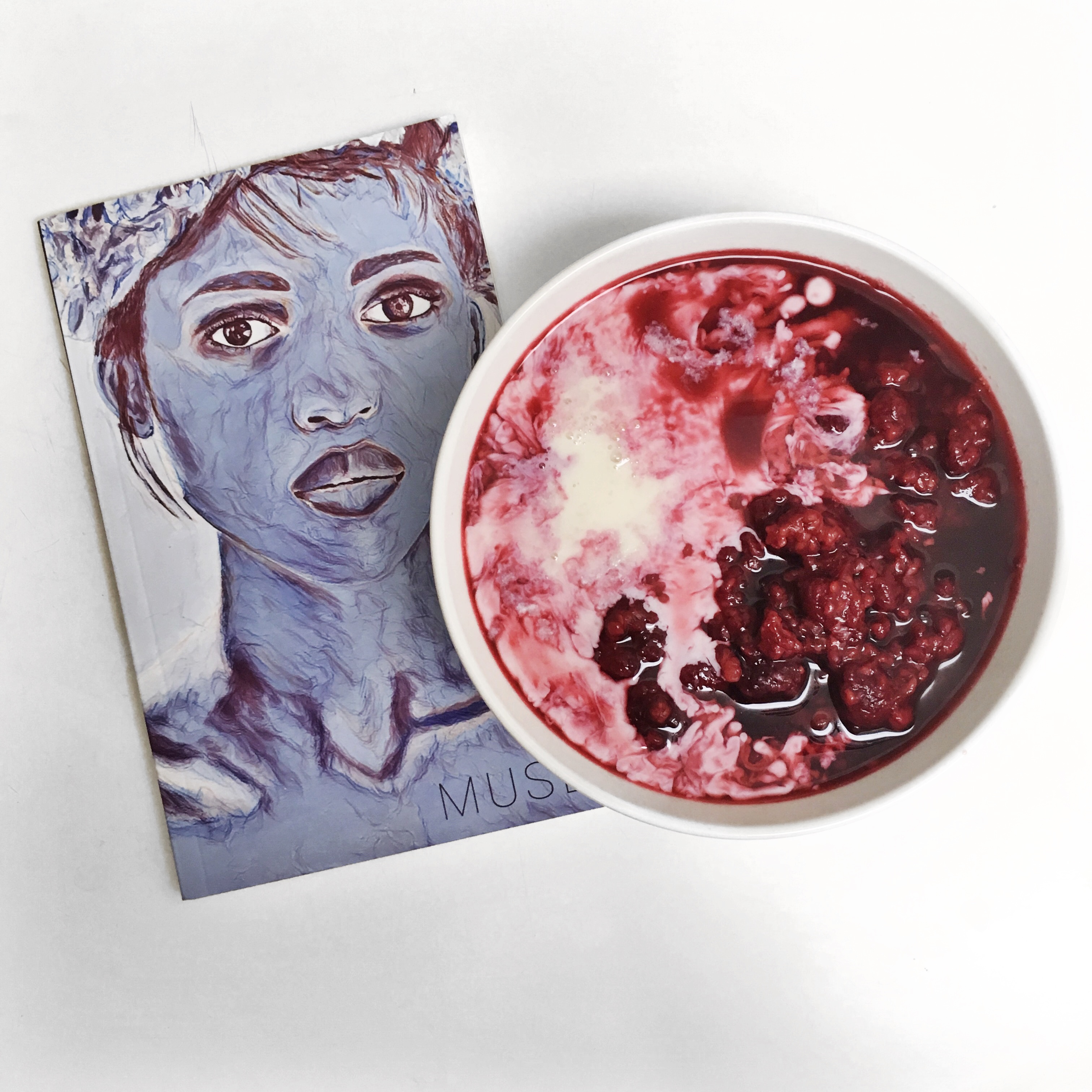
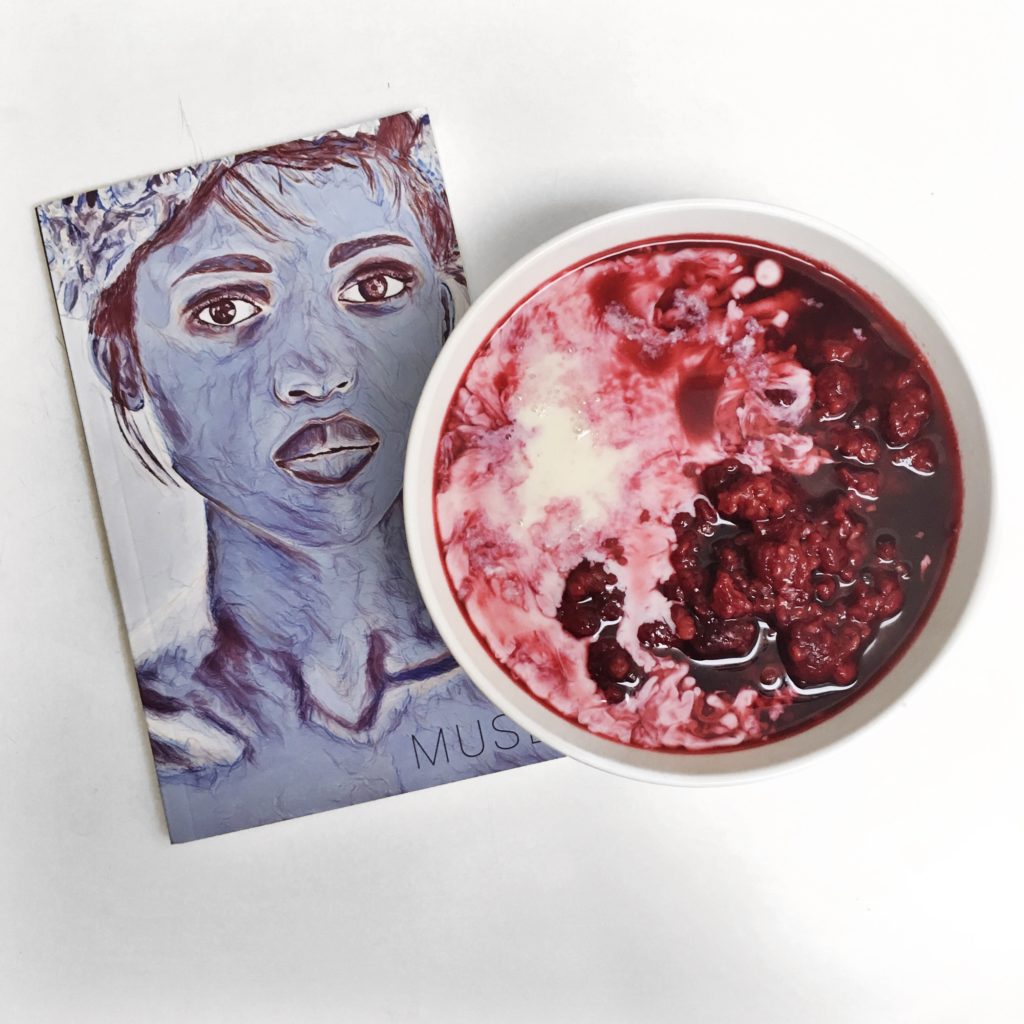
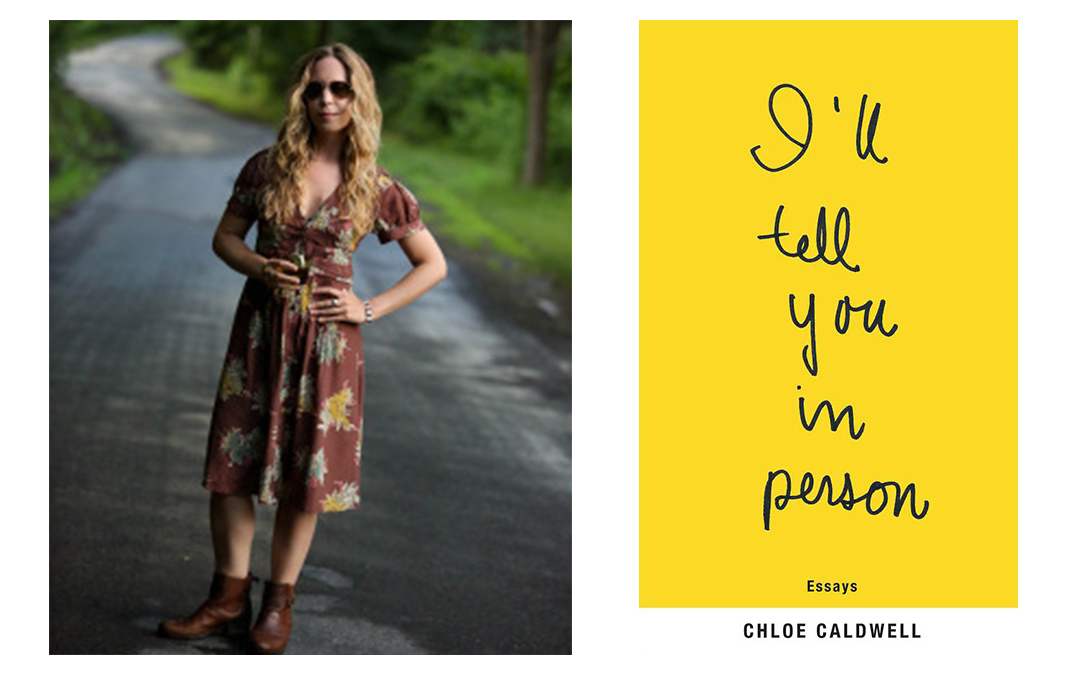
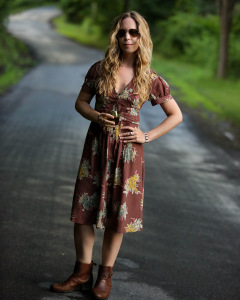 Siel: You teach writing workshops with Catapult and other organizations. What advice do you give students who are brand new to personal essay writing?
Siel: You teach writing workshops with Catapult and other organizations. What advice do you give students who are brand new to personal essay writing?